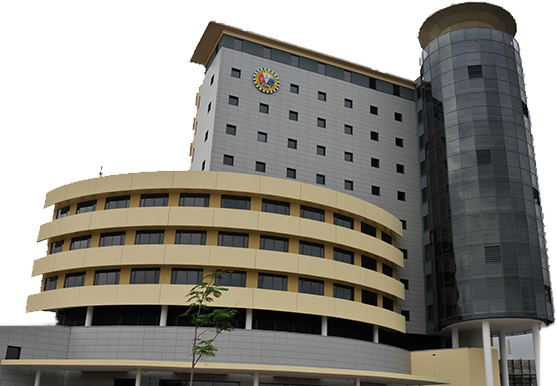The Petroleum Technology Development Fund (PTDF) is conducting interviews aimed at selecting candidates for its 2024/2025 in-country scholarship programme.
According to head, In-country Scholarship Scheme (ISS), PTDF Surajo Abdullahi Fari, who made this known, a total of 1,643 applicants are participating in the comprehensive evaluation, across the country, marking a significant step towards fostering indigenous talent in the oil and gas sector.
Speaking on Monday in Abuja during the physical interview exercise of shortlisted candidates for MSc and PhD programmes under the scheme, Fari said that 387 candidates had been screened at the Abuja centre in the exercise being held simultaneously at designated centres across the six geopolitical zones in the country.
Fari highlighted the organisation’s dual mandate to develop both human and institutional capacities within Nigeria’s oil and gas industry. The fund achieves this by sponsoring Nigerian candidates for studies related to oil and gas fields, thereby addressing the current gaps in the industry. Additionally, PTDF is expanding its scope to include various forms of energy and renewables.
According to him, the interview process involves a multi-layered screening mechanism. Initially, applicants undergo computer-based screening followed by manual evaluation conducted by PTDF staff.
He said consultants are also involved in the final stages to ensure thorough assessment.
“Candidates must possess essential credentials such as National Youth Service Corps (NYSC) certificates and academic transcripts from recognised institutions.
“We draw finalists from Nigerian universities across various fields including engineering, geosciences, environment management, and computing,” explained Fari. “Our panel consists of professors and doctors specialising in these areas, ensuring transparency throughout the process.”
“Each candidate undergoes rigorous questioning aimed at assessing their knowledge and understanding of their proposed field of study. Their academic background, including O-Level certificates, BSc degrees, and PhD proposals, plays a significant role in scoring. Additionally, candidates are evaluated on their research proposals to gauge their expertise and commitment to their chosen area of specialisation.
Training locations for successful applicants include public universities both federal and state-owned institutions nationwide. PTDF extends special consideration to communities traditionally underrepresented in higher education opportunities within Nigeria.
“This interview phase is critical in identifying top talent who will contribute significantly to our nation’s oil and gas sector,” emphasised Fari, underscoring the importance of these scholarships in nurturing future leaders in petroleum technology development.
With an emphasis on transparency and fairness, PTDF aims to select only those who demonstrate exceptional potential and dedication to advancing Nigeria’s energy landscape. The outcome of these interviews will determine the next batch of scholars set to embark on transformative educational journeys supported by PTDF scholarships.
Also speaking, commissioner, Federal Character Commission, Abubakar Banu, said it strived to ensure merit and balance in the slots of the states so as not to leave any state behind.
“It is our mandate and we are here to ensure that fairness and equity are achieved in the entire exercise, while credentials and formal interview of the candidates will be taken into account,” he said.
Some of the participants lauded the gesture, and expressed the hope of scaling through the selection exercise.
A PhD scholarship applicant in mechanical engineering, Tertsea Vandeyoon, described the process as transparent, commended the federal government for the initiative.
“After I rounded up my Masters programme in 2023, I saw the PTDF advert, and applied after I got admissions into PhD in the Federal University of Technology, Minna, and to the glory of God, I was called for the interview”










